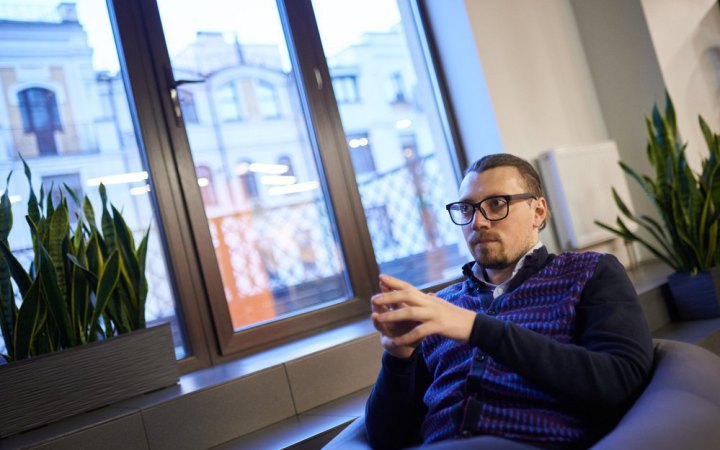"Pro-Russian MPs on the ground have changed sides to look like 'bunnies'"
Let's start with the process of restoring local authorities in the de-occupied territories. How is it progressing?
Local self-government was restored in the territories de-occupied almost immediately, a month and a half after the large-scale invasion, and it is working ordinary everywhere. Of course, in the territories close to the front line or the border with Russia, where there is constant shelling, the threat of subversive groups, and active hostilities, the vertical of military administrations is in place. It should be understood that for objective reasons, this vertical is not engaged in the development and restoration of territories, but in putting out fires, literally and figuratively. For example, this includes the entire right-bank Kherson Region, Kupyansk district of Kharkiv Region. I'm not talking about Donetsk and Luhansk Regions.
But in other territories, city and other local councils operate alongside the military-civilian administration. In particular, deputies of the banned pro-Russian forces continue to work in them. A year ago, your committee on state power was drafting a law to deprive such deputies of their mandates. Have you now abandoned this idea?
Our committee has been ready to submit this draft law to the Verkhovna Rada for a long time. I have not changed my personal position, I believe that such local deputies should be deprived of their mandates.
Why hasn't it been submitted to the session hall yet?
This should be addressed to the parliamentary leadership. In my opinion, there should be no compromise with representatives of pro-Russian forces on such issues. Of course, not all of their MPs were "ideological". There were many people who simply "bought franchises", but I believe that this cannot be the subject of compromise.
So who is holding up the project?
Perhaps, our colleagues are guided by the fact that they are afraid of losing the votes of the former OPFL. On the one hand, the legal position is clear, when there should be direct verdicts and procedures, as we see in the example of Nestor Shufrych. On the other hand, we are well aware that there are characters who have done no less harm to Ukraine. And they, in particular, brought a full-scale invasion here.

Finally, in local councils, did these pro-Russian deputies simply leave their respective factions, change their sides, and vote with the Servant of the People?
Most of them do not participate in council meetings. Those who do, have changed their sides to look like "bunnies". They vote for everything pro-Ukrainian, trying to pull on Ukrainian flags as much as possible, and pretend to be patriots. In the south of Ukraine, there are mayors from pro-Russian parties who used to shout about the "fraternal people". Now they are pretending to be cheering patriots. And then they will try to get re-elected on these slogans. However, in practice, they will still promote their pro-Russian narratives, only in a slightly different aspect. For example, that the church is outside the state and other blah, blah, blah.
To summarise: Is the draft law on depriving pro-Russian MPs of their mandates likely to be considered in the near future or not?
The agenda includes security and European integration issues. So I don't think it will be considered in the near future.
On the State Recovery Agency: "Writing beautiful posts on Facebook does not mean taking responsibility"
One of the key tasks on the ground now is to restore infrastructure. In 2022, the pace was quite optimistic, but now it seems to have slowed down. But maybe I'm wrong.
First, we have a systemic problem - chaos in terms of planning. There should be a strategy for the state, region, and territorial community, but instead we have separate plans and a bunch of different things. This is what creates chaos.
But we still need to talk about new strategies not only for the territories that were directly affected by the destruction. Because the demographics have changed dramatically as a result of the great war - in the regions of the deep rear, the burden on social infrastructure, healthcare facilities, schools, kindergartens, etc. has increased. Approaches need to be changed there as well.
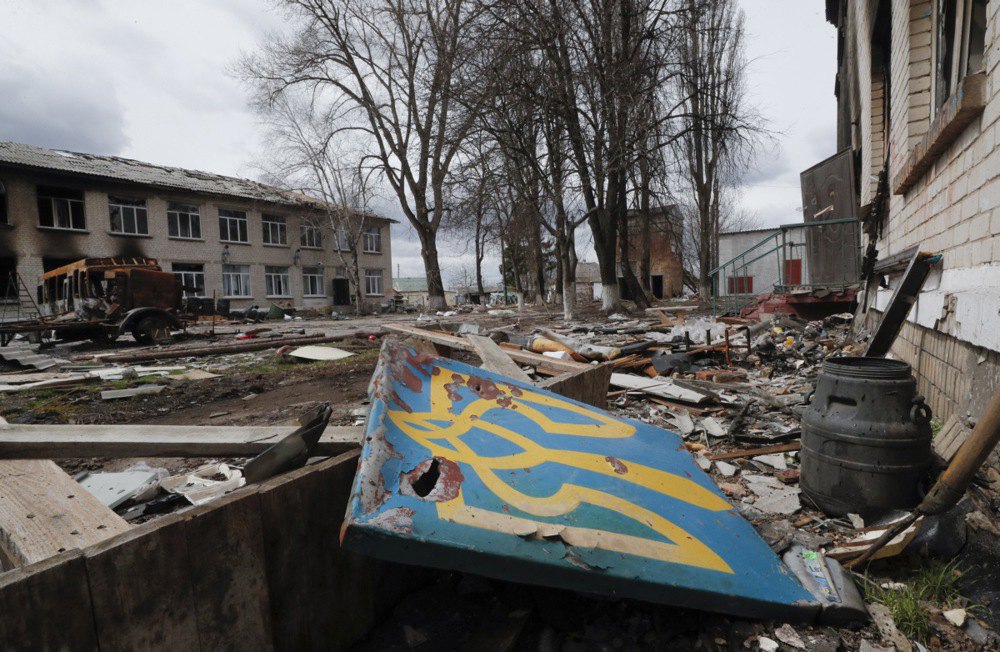
Obviously, this is a task for the State Agency for the Restoration and Development of Ukrainian Infrastructure.
We have it only nominally. Why so? Probably, we should ask the head [Mustafa Nayem]. We can welcome the fact that he has shown an anti-corruption case by his example. If, of course, there was one [we are talking about an attempt to bribe Nayem]. But what is the real situation with the recovery? If I were him, I would not physically leave the communities with pilot projects [of recovery]. I would look into the eyes of those citizens who were promised to restore everything quickly. Because beautiful slides, presentations, forums, beautiful yellow fences [as the Big Construction projects were marked] are not what is called restoration. Writing beautiful posts on Facebook does not mean taking responsibility for citizens or actually rebuilding infrastructure.
So which body should be responsible for the lack of a unified strategy?
Some of the blame lies with the local authorities, of course, but the lack of a unified strategy is still the responsibility of the Ministry of Community Development, Territories and Infrastructure [headed by Deputy Prime Minister Oleksandr Kubrakov]. But I would not narrow the issue of responsibility exclusively to the government or a particular ministry. Parliament adopts the relevant legislation, so it also shares this responsibility.
"The leaders posted 30 photos, signed 30 memorandums, but as a result, zero euro cents came to the hromada, zero projects were implemented"
What exactly should local authorities do to get a real European partner for recovery?
There is already progress in the number of joint projects signed. We have more than 1,500 such documents with international partners. But there is a problem: they are signed, mayors or heads of regional councils post cool photos, and then meet at best six months later at some regular, sorry, drunken party. That's all the "cooperation" they do. However, it is clear that this is not how it works.
I personally know community leaders who have posted 30 photos, signed 30 memoranda, but as a result, zero euro cents have come to the community, zero projects have been implemented.
Who are these community leaders?
I'm not going to name them. I will say that this is the west of the country.
How much money can we raise from international donors next year to rebuild communities?
If we talk about real figures, we have an opportunity to compete for €6.4 billion for the next four years. This is a joint programme for all EU countries - Interreg Europe. Previously, it was not available to us, but it will open from 1 January 2024.

On 8 November, the European Commission released an opinion stating that 90% of the reforms on the path to our European integration have been implemented. However, the assessment of regional policy is restrained. We were once again reminded of the need to complete decentralisation and strengthen the financial base of local communities. What laws has the Verkhovna Rada still not adopted to finally fulfil the seven EU requirements?
As for legislative support, everything is simple. It is necessary to adopt a law on community cooperation in line with EU requirements. It is also necessary to introduce supervision of communities in accordance with the European Charter.
We will vote for these laws. As for the controversial issue that will remain with us, it is the issue of the status of a community's legal entity. I think we will have a very long, multi-stage discussion and negotiations with our European partners.
The idea of granting legal status to communities has already sparked discussions at the level of specialised associations.
Look, neither I nor the mayors understand what this will bring to the community. What rights does a territorial community not have now, and what rights will it get?
In order to introduce the status of legal entities, we need to change the Constitution and break the law. It is not only the community that becomes a legal entity. It is the state that becomes a legal entity, the region that becomes a legal entity, this is a large-scale reform for years.
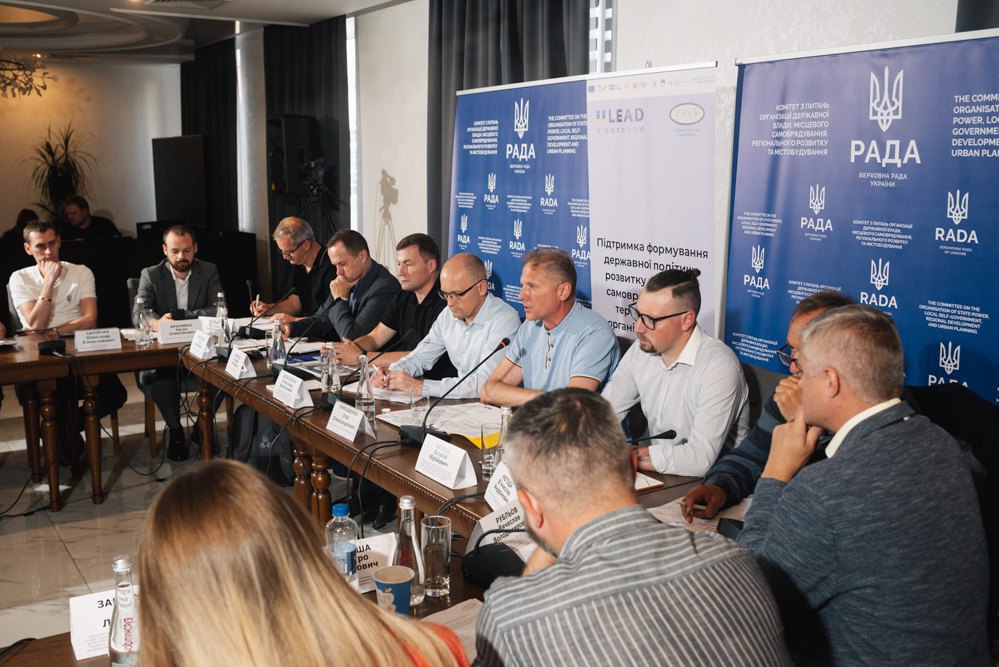
There is no strict requirement to adopt this law. It is voiced by some politicians. In particular, German politicians. I told the Europeans: 'Guys, it doesn't matter who will be the manager; it's how the procedure is organised that matters. If every potential donor can see a specific object, how much money has been spent, and all this is online, then this is transparency.
"Kyiv, with its astronomical budgets, should have helped small communities even during the war"
The Verkhovna Rada voted for scandalous changes that took military personal income tax away from hromadas. Moreover, from 1 October 2023. This caused criticism from specialised associations and especially the Kyiv authorities. At the same time, the debts of communities dating back to the Yanukovych-Azarov era were written off.
Before the full-scale invasion, the military personal income tax was UAH 12-15 billion a year. After 24 February 2022, the size of the army increased significantly, and military salaries increased. The military personal income tax was automatically increased. Let's model the figures for 2024. It should amount to about UAH 100 billion. Local budgets have been overfulfilled over the past two years. And we have a total hole in the state budget. However, we understand that without funds from the United States, the European Union and other partners, we will simply not have the money to pay pensions. So we have to be honest about it. Ukrainian taxpayers' taxes are spent on the war and on the maintenance of our Armed Forces. For everything else, the taxpayers' money is spent not in our country. This also needs to be understood, which is why the diplomatic process is so complicated. With this in mind, the government proposed the idea of taking military personal income tax to the state budget. However, the communication with local authorities was poorly prepared. Indeed, they did not think through potential reserves, overlaps, and how to reduce these losses. After all the negotiations, the Budget Committee prepared a compromise version along with the state budget for 2024. The budget also includes new subsidies for the de-occupied territories - more than UAH 33 billion. We have also written off the debts of those "brilliant pseudo-managers".
Will it become more difficult for communities? Yes, it will. Will there be communities that will lose significantly? Yes, there are. But Kyiv will not lose.
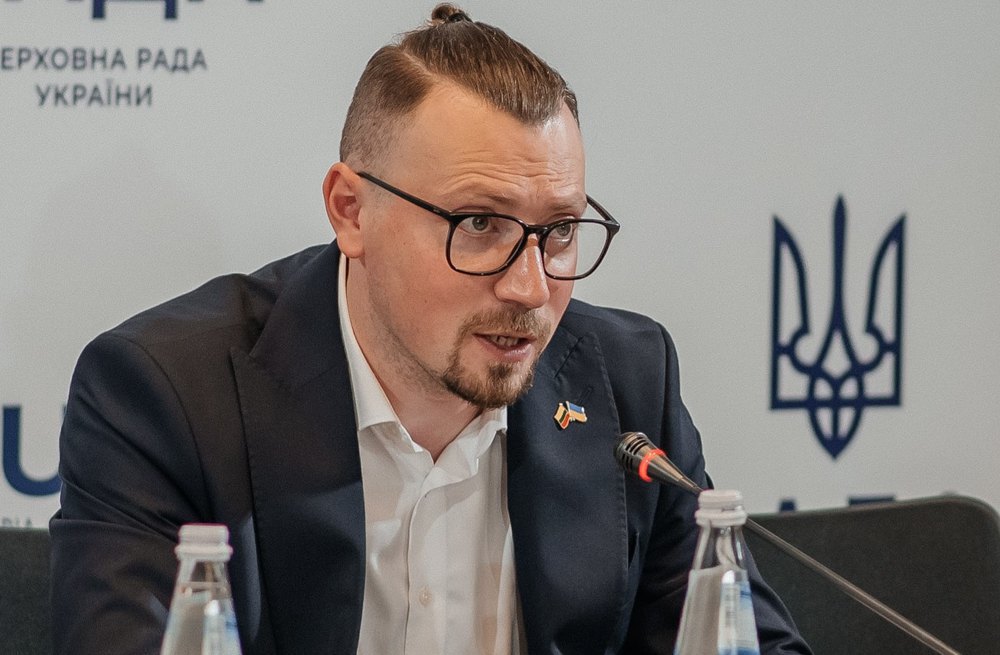
In terms of numbers, please.
By the end of 2023, Kyiv will not receive about UAH 1.7-1.8 billion in military personal income tax. And debts are written off by UAH 3.5 billion. What additional losses can we talk about? Perhaps Kyiv lacks these funds to keep our metro stations open or to build a bridge to nowhere. In general, I am convinced that Kyiv, with its astronomical budgets, should have helped small communities even during the war. If the mayor of Kyiv [Vitaliy Klitschko], who also heads the Association of Cities, had he taken a statesmanlike position, he could have honestly transferred personal income tax to the de-occupied territories. But we understand that self comes first.
Which cities and communities will suffer the most from the loss of military personal income tax?
For example, Kharkiv will suffer hard. There are also communities that have registered a lot of military units. But frankly, these were conditional excess profits, because these are rear units. However, for the communities of Kharkiv or Kherson, where businesses have moved, military personal income tax remained the only source of budget revenues. Therefore, an additional subsidy is provided for such communities. There will also be a so-called non-reverse taxation. But Kherson had zero reverse withdrawals. Therefore, Kherson can only rely on a subsidy. Kharkiv had 485 million in reverse payments and 1.7 billion in military personal income tax. So this will be a problem for these communities, and it is a significant hit to them. And when Kyiv complains about something, let it transfer these funds to Kharkiv.
You constantly criticise the mayor of Kyiv, Vitaliy Klitschko. This is understandable given your political affiliation. In particular, you recently wrote that "the collapse of municipal governance leads to a total collapse of the municipal transport system".
There is no municipal governance in Kyiv. A man has been running the capital for 9 years, but he has no strategy for the development of the capital for at least 5-10 years.
Do other cities have such a strategy?
In Lviv, they clearly understand what it is and what it is based on. Ivano-Frankivsk has a development strategy. Opishne and Chortkiv have development strategies. The list is very long. What does Kyiv place its economic stake on? Does the city have an up-to-date master plan?
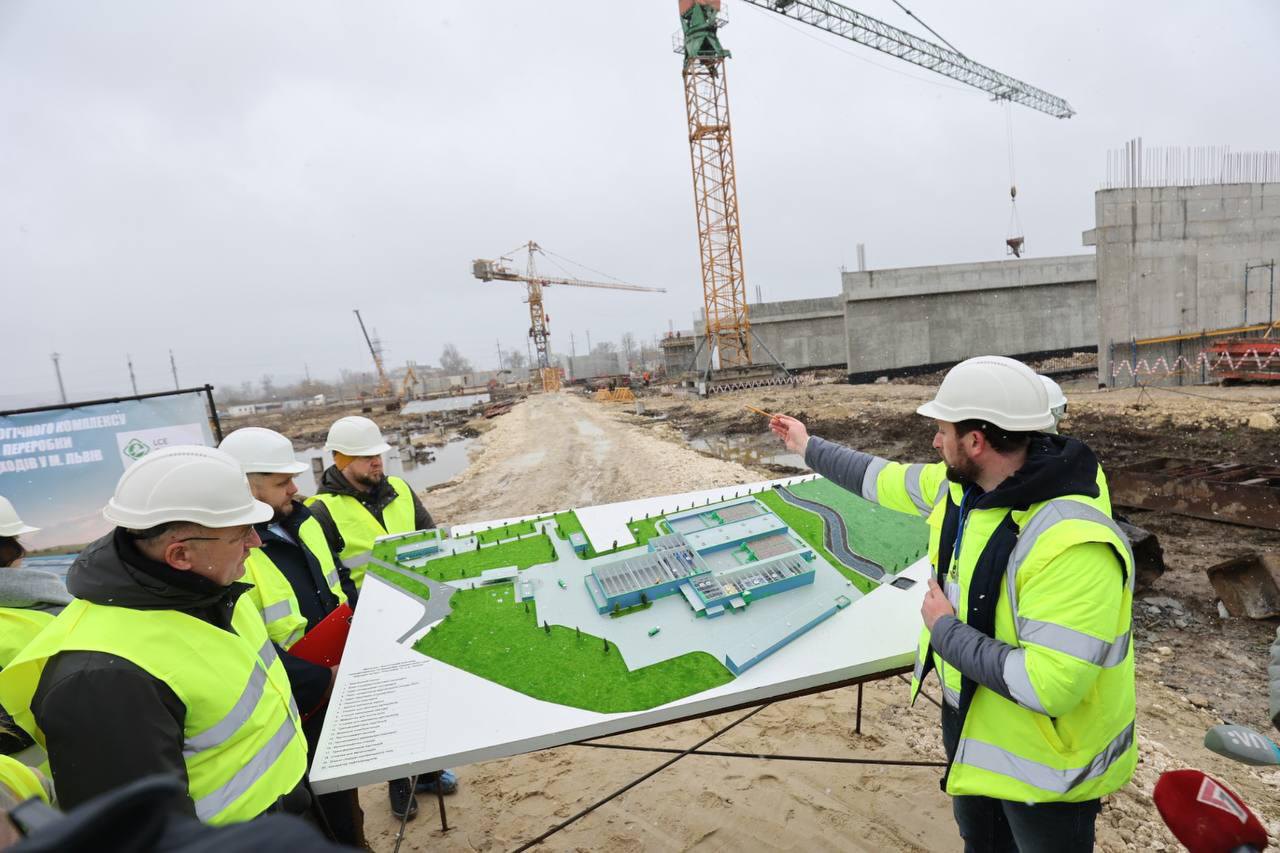
The master plan was promised before Klitschko. Do all other cities have them?
We are talking about Kyiv now. With a budget of 70 billion hryvnias a year. In fact, the authorities in Kyiv can be criticised for everything: the state of the networks, heating, and the fact that when I walk down to Maydan Nezalezhnosti from the government quarter, even there the pavement is broken. It was the same before the full-scale invasion, when there were definitely extra funds that could have been spent on other things than the Armed Forces. On the main street of Khreshchatyk, the entire road is covered in patches. And so it is in the whole city, which has chaotic construction and billions of dollars in budgets. I think that people finally need to think about whether we should continue to elect characters who generate only memes in Kyiv. Or should we think about managing the city?
In June of this year, after the tragic deaths of people under lockdown, our sources on Bankova Street and Dzerkalo Tyzhnya's interlocutors reported that they were once again discussing the issue of removing Klitschko from the post of head of the Kyiv City State Administration. We remember when the relevant draft law was passed in the first reading in 2019. It was postponed with the outbreak of the great war. Is the idea of depriving Klitschko of such powers relevant again now?
There are two ways to do this. Klitschko is the head of the Kyiv City State Administration, he reports directly to the government and the president. So if we're talking about an individual case, then yes, it can happen.
If we are talking about the law on the capital, Klitschko has been successful only in blocking it. Let me remind you that he has already blocked its adoption twice. Could there be a third attempt to submit the draft law for consideration? Yes, there could be. But will it be successful? It's hard to predict. I think he will again make every effort to keep this bipolar power in Kyiv.
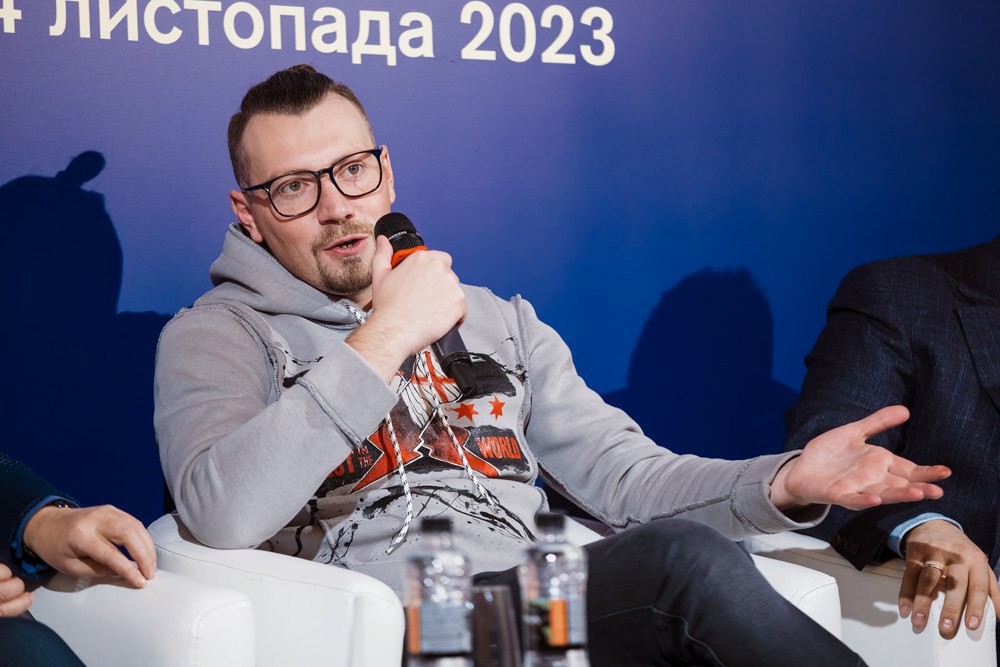
There is also the Kyiv City Military Administration, headed by Serhiy Popko.
I don't even understand what he does. I really don't. Today, the system in Kyiv is even more confusing and chaotic.
"There will be no elections soon, but we are already preparing for post-war elections"
Your committee, together with experts from the public sector, is already working on a draft law to hold what you keep saying will be the first post-war elections. Have you finally abandoned the idea of elections before martial law is lifted?
At least our legislation postpones the elections. We have three tracks, all of which are problematic. The first track is that we are already hostage to the US election campaign. The second is the war and the very difficult situation at the frontline. The third is the opening of membership negotiations with the European Union. That is, we all need to focus on these three tracks, not on the elections. Because they are always divisive.
So there is no possibility of holding elections, at least presidential ones, during martial law? Although some lawyers point out that the Constitution does not clearly prohibit holding such elections until the Supreme Court is abolished.
From a legal point of view, there may be a question, but let's think about the state interest here. Elections are about polarisation. In Ukraine, an election campaign is always about "pissing off" opponents. In addition, the issue of security guarantees during elections has not been resolved. Another issue is millions of our citizens abroad.
To hold the presidential election in March 2024, the parliament would have to adopt the relevant changes and announce them in the 20s of December this year. This did not happen, so this is an unrealistic scenario.
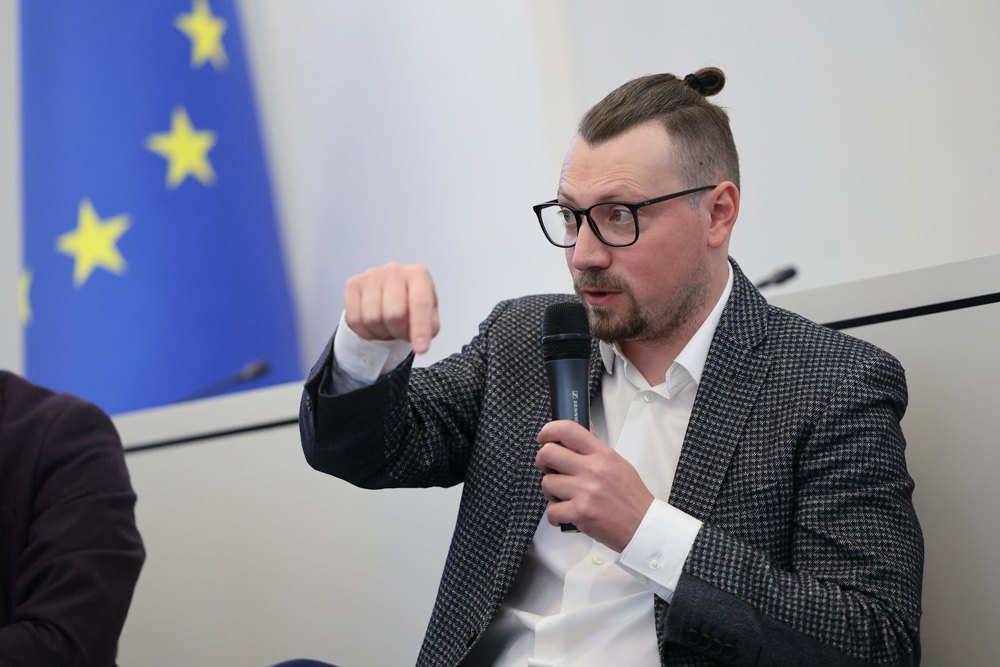
And next autumn?
We'll see what the situation is with the war. Everything depends on it.
If we make progress, then we can talk about elections. I would really like to be optimistic and believe that the war will end with our victory in the spring. But, unfortunately, I am not that optimistic. Therefore, there will be no elections soon, but we are already preparing for post-war elections.
Work on a draft law for post-war elections has been going on for months. Why is there still no coherent draft law?
There are several keystones. Firstly, the criteria by which it will be impossible to hold such elections in certain territories are not exhaustively defined. And we need to minimise the risks of political interpretation of these norms. Secondly, there is an ongoing discussion about the body that will decide on the impossibility of holding elections. For example, the Vice Speaker of the Verkhovna Rada, Oleksandr Korniyenko, is in favour of the government having such powers. I am totally against this, I believe it should be the Verkhovna Rada.
You see, we represent one team, but we have different points of view.
That is why we cannot find a balance yet.
We also considered the option of giving the NSDC the relevant powers.
Yes, it was the primary option, but the NSDC itself does not want such powers. Therefore, it is possible that the government will be the subject of the resolution [on the impossibility of holding elections at specific polling stations]. And the parliament will have the option of correcting this resolution before it is considered in the parliamentary hall, i.e. by the committee.
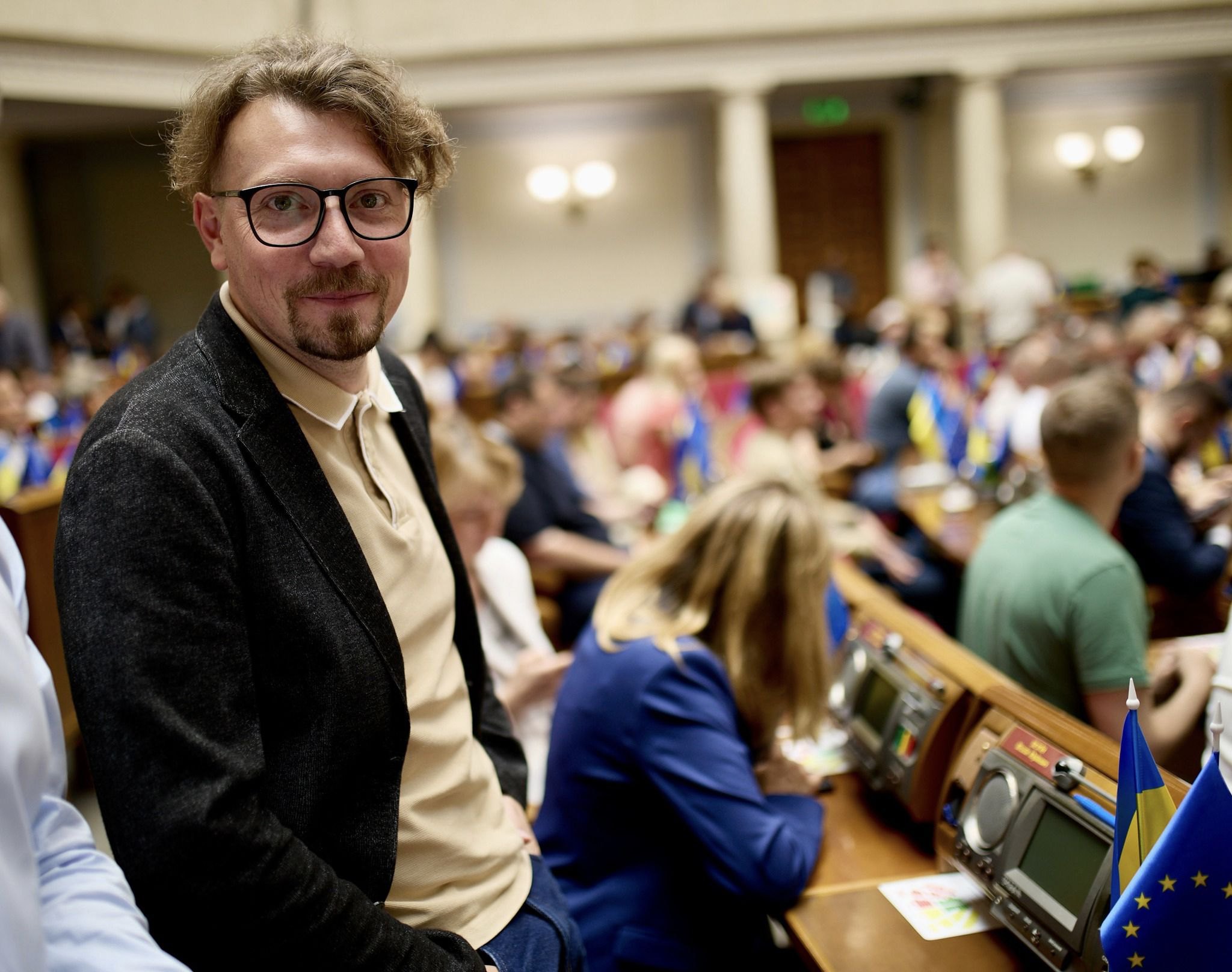
"The Servant of the People has not done enough to exist as a project other than a presidential one and to be competitive"
You are not preparing for the elections, but before the congress, the Servant of the People party was actively looking for candidates for the position of the new party chairman. Several names of potential leaders were mentioned. Why was Olena Shulyak re-elected for another two years?
Obviously, even if someone was offered the job, for one reason or another, they were unable to take on this responsibility. Therefore, the party will probably continue to function in the old format. However, if the Servant of the People wants to be a political player in the future, it would be good to finally build a regional network and work with people.
It is already too late. The maximum for the SP in the next elections - whenever they are held - is to overcome the 5% threshold and become a satellite of a new project. Is this being discussed within the party?
Much depends on the decision of the president himself. I think that a party with the president's brand will receive a lot of support, up to 25%. Does the Servant of the People have a chance of overcoming the 5% threshold without the president? Well, it probably does. Does it have a chance for a longer term? I am sceptical about this. As a self-sufficient, non-presidential project, I think the party has not done enough to exist and be competitive.
Do you agree that the majority of Servant of the People MPs will not get into the new Verkhovna Rada?
This is a difficult question. I think that many MPs of the current convocation will not get into the next parliament. And this is very easy to explain. Every current politician will have a starting position that is many times lower than that of any military serviceman or volunteer. Another question is whether the next parliament, of the 10th convocation, will be capable. I will leave it rhetorical, although I have a prediction.
What is it?
It is negative. I think that the next parliament will have a very short life. Because it will not be able to function because of the need for tough negotiations and unpopular decisions that our European integration and the economic crisis will require.

So the next Rada will not only have fewer MPs, but will also be more politically polarised?
It will, among other things. We have to understand that greater fragmentation leads to much more complex processes, where it will be difficult to reach agreement. If this is superimposed on a large layer of populist slogans, a large level of social fatigue that is already felt in every kitchen, then it will be a very difficult process.
That is why I am doubtful about the viability of the new Verkhovna Rada. I wish I was wrong.









